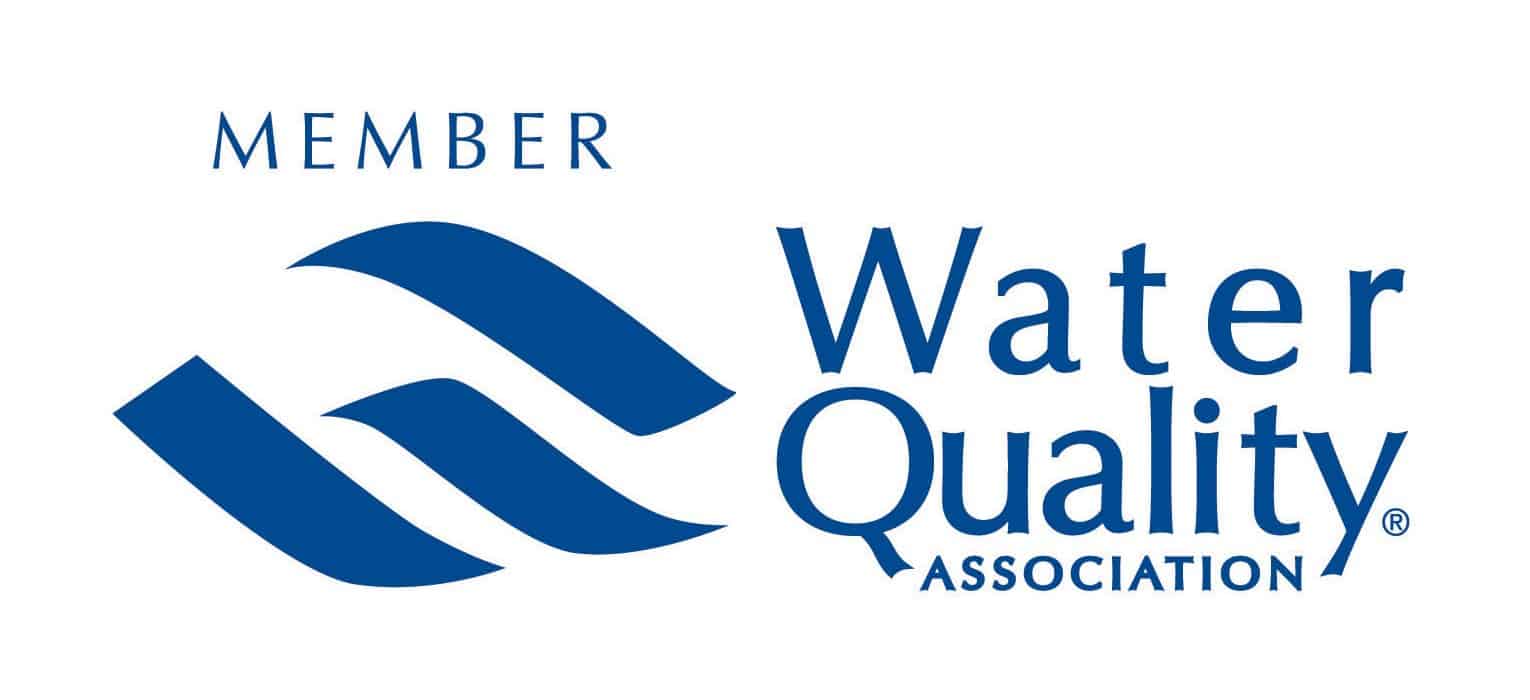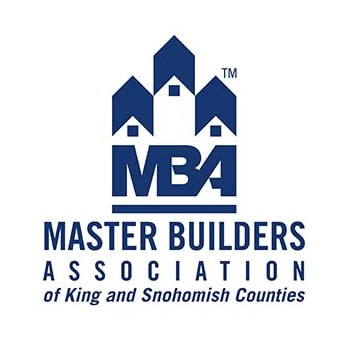Without a home inspection before buying, you might run into several potential well issues that could pose significant problems and expenses. A well inspection is crucial, especially for properties with a private well as their water source.
A well inspection can reveal if the water contains contaminants such as bacteria, heavy metals, nitrates, or other pollutants.
Poor water quality can lead to health hazards and the need for expensive water treatment systems. In Washington State, common water quality problems can vary depending on the region and specific geological and environmental factors. Some of the typical water quality issues in different areas of Washington State include:
- High Levels of Iron and Manganese: Certain areas in Washington may have groundwater with elevated levels of iron and manganese, resulting in discolored water and potential taste and odor issues.
- High Turbidity: Turbidity refers to the cloudiness or haziness of water caused by suspended particles. Some regions in Washington may experience higher turbidity levels, especially after heavy rain events or during spring runoff.
- Bacteria Contamination: Bacterial contamination, such as coliform bacteria, can be a concern in private wells and surface water sources. This contamination can result from various sources, including agricultural runoff and septic system failures.
- Nitrate Contamination: High levels of nitrates can be found in water sources near agricultural areas, septic systems, or industrial facilities. Excessive nitrate levels can be harmful, particularly for infants and pregnant women.
- Arsenic Contamination: Arsenic occurs naturally in some geological formations in Washington, leading to potential arsenic contamination in well water in certain regions.
- Volatile Organic Compounds (VOCs): VOCs can be present in water due to industrial activities, improper disposal of chemicals, or leaking underground storage tanks.
- pH Imbalance: Some regions may have water with pH levels that are too acidic or too alkaline, which can affect the taste of the water and the performance of household plumbing.
- Hard Water: Hard water, which contains high levels of minerals like calcium and magnesium, is common in various parts of Washington. It can lead to issues with limescale buildup in plumbing and appliances.
- Pesticides and Herbicides: Agricultural areas may have water sources contaminated with pesticides and herbicides, which can be harmful to human health and the environment.
- Lead and Copper: Older homes in Washington may have plumbing materials containing lead or copper, which can leach into the water supply if not properly treated.
It’s important for residents in Washington to regularly test their water for potential contaminants, especially if they rely on private wells. Municipal water supplies are generally regulated and monitored for safety, but private well owners are responsible for testing and maintaining the quality of their water. If any water quality issues are identified, appropriate water treatment systems can be installed to address the specific problem and ensure access to safe and clean drinking water.
A well inspection can determine if low water yield may result in insufficient water for your household needs or irrigation.
In Washington State, low water yield problems in wells can arise due to various factors, often influenced by the region’s geological characteristics and environmental conditions. Some common issues include:
Depleted aquifers are a concerning issue in certain areas of Washington State, primarily due to escalating demands from residential, agricultural, and industrial activities. As groundwater extraction increases, the water yield from wells declines over time. Seasonal variations also impact well yield, particularly in regions with pronounced dry seasons, where extended droughts cause groundwater levels to drop, resulting in reduced well production and potential water scarcity. Geological constraints, such as tight or fractured bedrock formations, can limit water flow to wells, leading to lower water output. Well depth and placement are crucial factors; shallow or improperly positioned wells might not access an optimal water supply.
Over-development of wells without considering sustainable yield can also lead to an overall decline in the water table, reducing individual well productivity. Over-pumping in one area can create a cone of depression in the water table, affecting nearby wells’ water yield as they draw from the same aquifer. Climate change exacerbates low water yield problems by altering precipitation patterns and increasing the frequency and severity of droughts, impacting water availability. Inadequate aquifer recharge, caused by land use changes, urbanization, and alterations to natural water flow, further contributes to well water scarcity.
Coastal regions face saltwater intrusion when excessive groundwater withdrawal or rising sea levels lead to the infiltration of saltwater into freshwater aquifers, making the water unsuitable for domestic use. Additionally, the demands of agricultural irrigation put stress on groundwater resources, leading to declining water levels and reduced well yield in farming areas.
Given the potential challenges of low water yield, homeowners and property buyers in Washington State should conduct thorough well inspections and monitor water levels regularly. Implementing water conservation measures and using water-efficient appliances can help mitigate water scarcity issues and ensure sustainable access to groundwater resources. Additionally, consulting with local water authorities or hydrogeological experts can provide valuable insights into the best practices for managing water resources in specific regions.
Some of the other well-related issues you may encounter include:
Well Pump Issues: The inspection can identify problems with the well pump, which is responsible for drawing water from the well to your home. A faulty pump can cause water supply disruptions and require costly repairs or replacements.
Water Pressure Problems: Insufficient water pressure can be a sign of well issues, which may affect your daily activities, especially if you rely on well water for showers, cleaning, and cooking.
Well Casing Integrity: The inspection can assess the condition of the well casing, which is the protective lining around the well. Damaged casing can allow surface contaminants to seep into the well and contaminate the water.
Contamination Sources: An inspection can help identify potential sources of contamination near the well, such as septic systems, fuel tanks, or agricultural activities. If the well is located too close to these sources, it could lead to contamination problems.
Old or Inadequate Well Construction: Older wells or those constructed without proper regulations may have issues with their design or construction that can lead to water quality problems or vulnerability to contamination.
Well Abandonment Issues: In some cases, the well may have been abandoned improperly, leading to potential hazards or contamination risks.
Regulatory Compliance: An inspection can ensure that the well meets local and state regulations and is up to code, avoiding potential legal and compliance issues.
It’s essential to have a professional well inspection conducted by a licensed inspector before purchasing a property with a private well. This will help you make an informed decision and identify any potential well-related problems that might require attention or negotiation before closing the deal.




